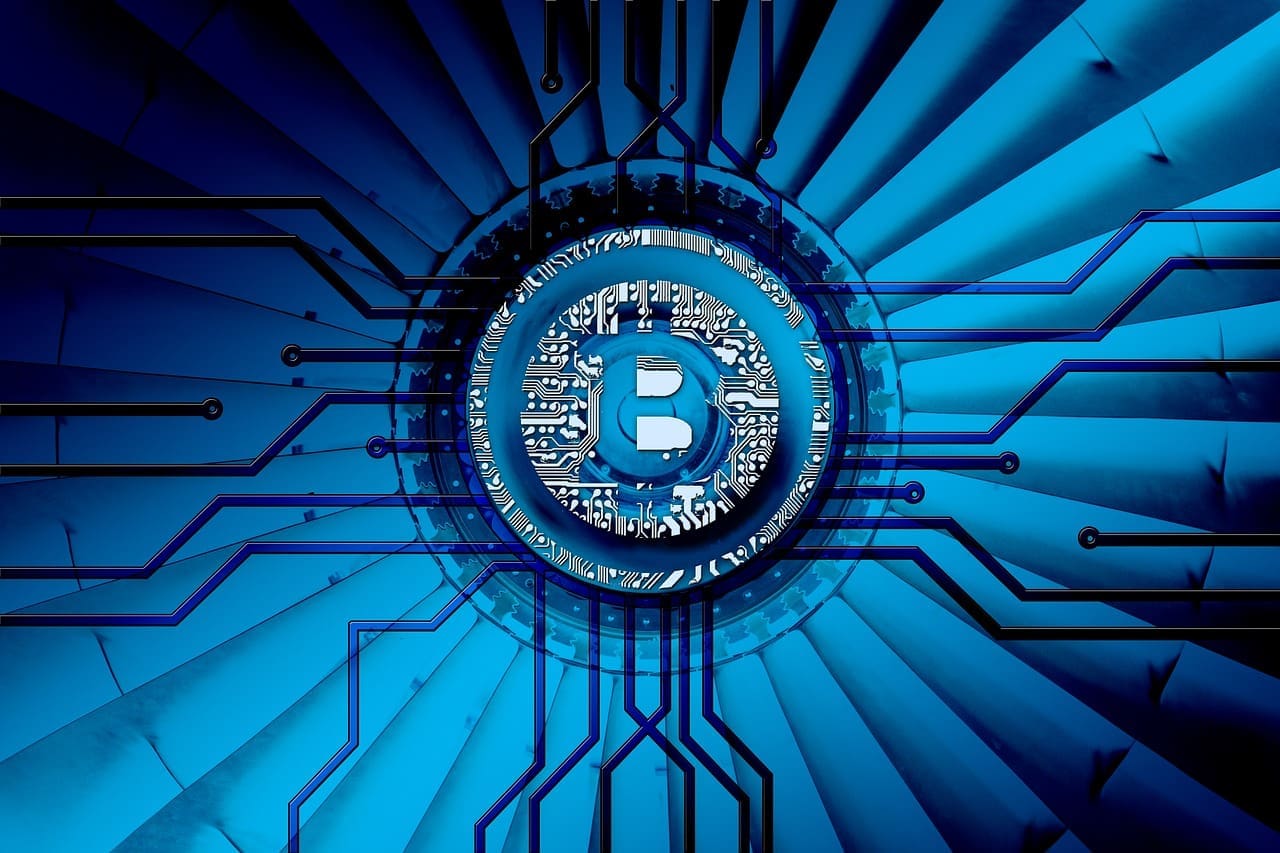
Global financial services are powered by fiat currency, meaning paper currency and metallic coins that are backed by Governments and stamped by law as legal tender. This system is widely regarded to be flawed, resulting in serious financial challenges that are plaguing the banking sector. Rampant misuse of depositors’ money, insider rigging of financial transactions, and duping of customers through excessive transaction fees are a few of the allegations troubling the financial sector.
Against such a backdrop, a white paper emerged in 2008 authored by an unknown person called Satoshi Nakamoto, proposing Bitcoin (BTC) cryptocurrency as an alternative to fiat currency. As Bitcoin came into existence, its proponents argued that cryptos like Bitcoin eliminated middlemen, the chief source of corruption.
Transactions were faster, fees were minimized, and the customer emerged as the winner in a system that was transparent and incorruptible. As crypto existed in a digitized form and was monitored in a decentralized format, the whole system existed outside the corrosive influence of government control.
With direct access to the internet, Bitcoin use became even more popular and widespread. Once Bitcoin entered the portals of e-commerce, its acceptance increased. While the developed world was the first to swim in the Bitcoin waters, it didn’t take long for countries such as Russia, China, and India to jump in.
What Is a Cryptocurrency?
A cryptocurrency is a form of digital money or electronic cash. It is a decentralized medium of exchange that exists outside any form of governmental control. Units of cryptos are recorded within a ledger that is stored electronically. BTC cannot be held physically like paper dollars or metal coins. As there is no government backing for BTC, cryptos can’t be treated as legal tender.
The name cryptocurrency implies that a complex unbreakable code or cryptography secures the BTC. The system mines or ‘manufactures’ BTC, and each unit carries a certain value. Units of BTC can be stored, exchanged, and traded for value just like fiat currencies.
As we noted earlier, cryptos reside in electronic form in a ledger. This digital ledger is powered and administered by a technology called the Blockchain. Imagine an elaborate structure of Lego blocks with each block connecting to the other in a seemingly unending chain. This would become a Blockchain – a kind of stored list recording millions of transactions.
The entire system exists within a vast chain of networked computers. Every node or computer connecting to this network preserves its own copy of recorded transactions, which makes the system almost impossible to hack.
If Cryptocurrency Isn’t Legal Tender, Are Bitcoin Transactions Taxable?
The fact that Bitcoin isn’t legal tender doesn’t take Bitcoin transactions outside the purview of government taxation policy. In the US, Bitcoin is treated as a kind of property, and any dealings in Bitcoin attract capital gains tax. IRS tax regulations clarify that cryptocurrency transaction records must be annexed to personal tax filing returns, annually.
Cryptocurrency accounting experts at IBA Group emphasize that bitcoin bookkeeping initiatives are necessary if individuals and corporates are to comply with the crypto taxation norms evolving in the US.
The Core Features That Define Bitcoin
Decentralized
Bitcoin resides within a Blockchain network that operates outside the control or influence of government agencies. It works as a peer to peer (P2P) network conducting BTC transactions between connected nodes. This is very different from the centralized control that governments exercise over fiat currency like the dollar.
Immutable and Irreversible
Once each transaction is over, and is recorded in the Blockchain and date-stamped, the record cannot be altered or destroyed. Every transaction is verified and confirmed by all the nodes in the network using a proof-of-work consensus. Any attempt to tamper with a record will be rejected by all nodes simultaneously. This bestows a very high level of security to BTC transactions.
Pseudo-anonymous
BTC is transferred between the addresses of senders and receivers. The system doesn’t connect the transfer to the name or personal particulars of the parties involved. So, any third party attempting to source information on BTC users will only be able to analyze the flow of BTC, not the identity of the users.
Faster and Globalized
The transaction takes place in seconds within the network, and verification and confirmation take mere minutes. Since all nodes are connected to one globalized network, the location or geography of the node becomes irrelevant. Even the remotest places are accessible to the network provided the nodes are connected and running.
Safe and Secure
The digitized cryptography-protected BTC record resides within the Blockchain in an incorruptible and unhackable form, free from internal and external threats. The owner of the BTC asset uses two key codes. The private key identifies the Bitcoin owner and connects him to his account, and the public key is used to receive Bitcoin. The sensitive key data is stored within a microcontroller which is immune to software hackers and viruses.
Unraveling the Nature of Bitcoin Transactions
- A and B open separate BTC e-wallets on their computing nodes or handheld devices.
- Each wallet generates unique and single-use addresses for both parties.
- The network detects the amount of BTC parked in a wallet to determine if the requested BTC transfer can be approved.
- Transfer of BTC units between parties A and B results in the transfer of value, and this creates a transaction record. Details of the private key used to verify the owner are stored secretly and will not be available to third parties.
- Each transaction will secretly store the sender’s private key, the receiver’s address and the BTC amount transacted.
- All nodes will be alerted to confirm each transaction. This also activates a process called mining, taking around 10 minutes. The purpose of mining is to verify and archive each transaction to enable the system to process other transactions that are queuing up.
- After every transaction, the Blockchain ledger irreversibly updates itself.
Bitcoin is a faster, more efficient payment system
Bitcoin transactions are not bound by time and time zone variations, and take around 10 minutes to materialize. Because of the absence of middlemen like bankers, the fee is as low as 1 percent. There are no withdrawal restrictions, no minimum deposits, no banking hours to follow, and little or no waiting periods.
Bitcoin offers more safety and maximum protection for consumers
The threats associated with normal bank accounts do not apply to cryptos. There is no fear of identity theft, bank fraud, bailouts, and liquidation. The owners of Bitcoin remain in absolute control of their digital asset and determine how they deposit, transfer or exchange the cryptos.
Bitcoin guarantees the privacy of personal details
There are legions of instances where bank account details have been compromised by hackers. Bitcoin protects asset owners from identity theft. Even though all BTC transactions are in the public domain, the users remain anonymous. The BTC transaction once verified and date-stamped, cannot be tampered with. Multiple people can’t be paid using the same Bitcoin, and a wallet cannot be debited with erroneous fees.
Bitcoin ensures greater transparency in dealings
Every transaction is linked to its owner’s address and is irreversibly stored within a distributed ledger in the Blockchain. This makes a transaction a matter of public record. Only the identity of the BTC owner is secretly stored. Banks may misplace depositor records. But in a Blockchain, copies of all BTC transactions are replicated and stored in all connected nodes, so nothing gets lost.
The Bottom-line: As the globe warms to Bitcoin, it has its downside too
With a market capitalization of $133 billion, Bitcoin is arguably the world’s fastest growing asset and widely accepted form of digital currency. Bitcoin is making inroads into businesses that are accepting payments in cryptos. A survey of US investors revealed that around 26 million people in the U.S. have transacted cryptos. Bitcoin’s growing acceptance as an alternative to fiat currency has been accelerated by spiraling inflation and meltdowns in the financial sector. The US government has already framed laws that make Bitcoin exchange taxable, and efforts are on to strengthen punitive laws to curb the illicit use of cryptos for money laundering activities.






